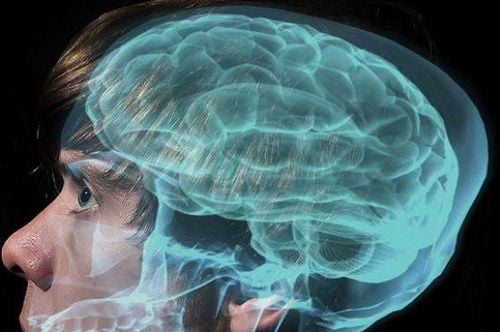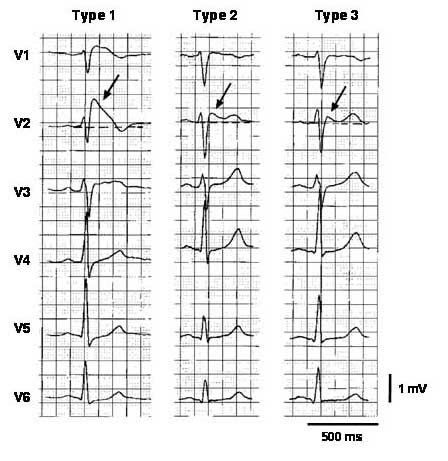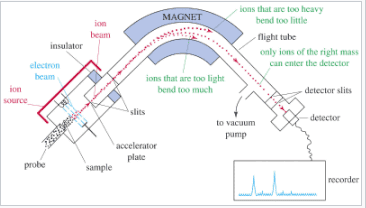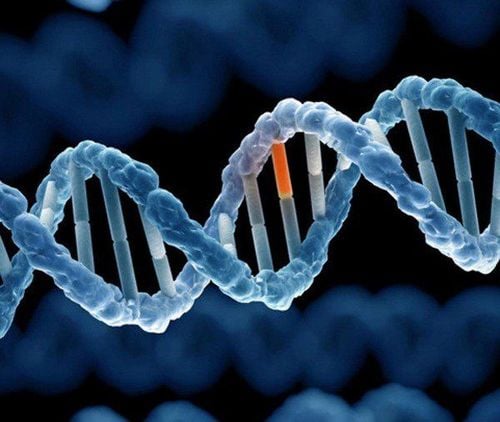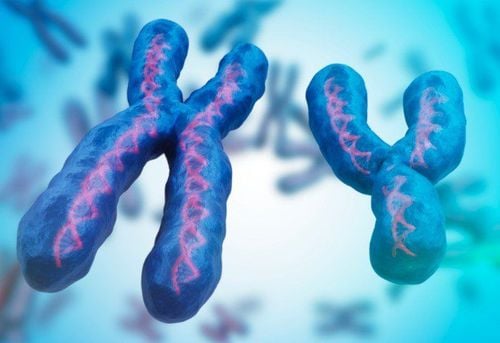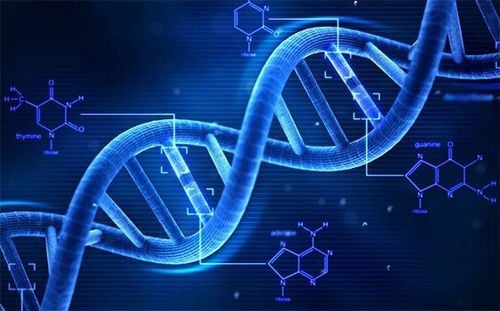This is an automatically translated article.
A gene mutation is a permanent change in the DNA sequence that makes up a gene, making the sequence different from what is found in most people. Mutation levels can affect anywhere from a single building block of DNA (base pairs) to a large segment of a chromosome consisting of many genes. But do all genetic mutations affect someone's health and development?
1. What is a gene mutation and how do mutations occur?
A gene mutation is a permanent change in the DNA sequence that makes up a gene, making the sequence different from what is found in most people. Mutation levels can affect anywhere from a single building block of DNA (base pairs) to a large segment of a chromosome consisting of many genes.
Genetic mutations can be classified into two main categories:
Inherited Mutations: Mutations are inherited from parents and are present throughout a person's life in almost every cell in the body. These mutations are also called germline mutations because they are present in the egg or sperm cell of the parent, which is also known as germ cell. When the egg and sperm cell fuse, the fertilized egg cell receives DNA from both parents. If this DNA has a mutation, the child growing up from a fertilized egg will have the mutation in each of his or her cells. Acquired (or somatic) Mutation: Occurs at some point in a person's life and is present only in certain cells but not in every cell in the body. These changes can be caused by environmental factors such as ultraviolet radiation from the sun, or can occur if errors occur when DNA copies itself during cell division. Mutations acquired in somatic cells (cells other than sperm and egg cells) cannot be passed on to the next generation. The genetic changes described as de novo (new) mutations can be genetic or somatic. In some cases, the mutation occurs in a person's egg or sperm cells but not in any of that person's other cells. In other cases, the mutation occurs in a fertilized egg shortly after the egg cell and sperm fuse. It is often impossible to know exactly when a de novo mutation occurs.
When the egg is fertilized and divides, each cell that makes up the developing embryo will have a mutation. De novo mutations can explain genetic disorders, in which an affected child has the mutation in every cell in the body but the parents do not, and there is no family history of the disorder. .
Somatic mutations that occur in a cell during embryonic development can lead to a condition called mosaicism. These genetic changes are not present in the parent's egg or sperm cells, or in the fertilized egg, but occur a little later when the embryo has formed, which is composed of several cells.
When all cells divide during growth and development, the cells that arise from the cell with the altered gene will have the mutation, while the other cells will not. Depending on the type of mutation and the number of cells affected, mosaicism can cause health problems or not cause problems.
Most disease-causing gene mutations are uncommon in the general population. However, other genetic changes occur more frequently. Genetic changes that occur in more than 1 percent of the population are called polymorphisms. They are common enough to be considered a normal variant in DNA.
Polymorphism is the cause of many differences from normal such as eye color, hair color and blood type. While many polymorphisms do not have a negative impact on a person's health, some of these variations may influence the risk of developing certain disorders.
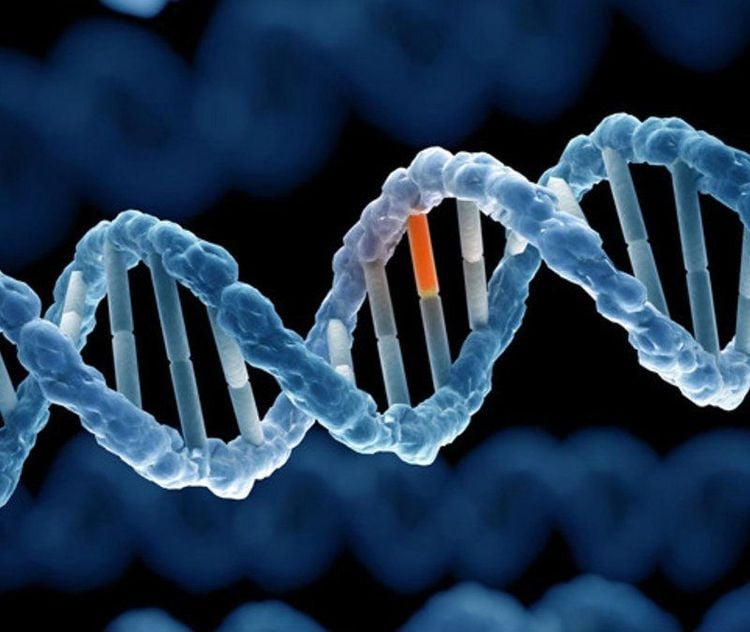
Đột biến gen là sự thay đổi vĩnh viễn trong trình tự DNA tạo nên một gen
2. What types of genetic mutations are there?
The DNA sequence of a gene can be altered in a number of ways creating different types of mutations. Gene mutations have different health effects, depending on where they occur and whether they alter the function of essential proteins. Types of mutations include:
Substitution Mutation: This type of mutation is a change in a DNA base pair that results in the substitution of one amino acid for another in a protein produced by a gene. Nonsense Mutation: A nonsense mutation is also a change in a DNA base pair. However, instead of substituting one amino acid for another, the altered DNA sequence soon signals the cell to stop building proteins. This type of mutation results in a shortened protein that may not function properly or not at all. Insertion Mutation: This mutation changes the number of DNA bases in the gene by adding a piece of DNA. As a result, proteins made by genes may not function properly. Deletion Mutation: This mutation alters the number of DNA bases by removing a piece of DNA. Small deletions can remove one or a few base pairs in a gene, while larger deletions can remove an entire gene or some neighboring genes. Deleted DNA can alter the function of the protein(s) made up of that gene. Clone mutation: Duplication involves an abnormally copied piece of DNA one or more times. This type of mutation can alter the function of the resulting protein. Frameshift Mutation: This type of mutation occurs when the addition or loss of DNA bases changes the reading frame of a gene. The reading frame consists of groups of 3 bases that each code for an amino acid. A frameshift mutation changes the group of these bases and changes the code for the amino acids. The resulting protein is usually non-functional. Insertions, deletions, and duplications can all be frameshift mutations.
Extended Repeat Mutations: Repeat nucleotides are short strands of DNA that are repeated a number of times in a row. For example, a trinucleotide repeat is made up of a 3-base pair sequence and a tetranucleotide repeat is made up of a 4-base pair sequence. A repeat extension is a mutation that increases the number of times that short DNA sequences are repeated. This type of mutation can cause the resulting protein to function abnormally.
3. Do all genetic mutations affect the health and development of the body?
Not all genetic mutations affect the body's health and development. Only a small percentage of mutations cause genetic disorders, most have no effect on health or development. For example, some mutations change the DNA sequence of a gene but do not change the function of the protein made by that gene.
Usually, gene mutations can cause genetic disorders, but they are repaired by certain enzymes before the gene is expressed and an altered protein is produced. Every cell has several pathways through which enzymes recognize and repair errors in DNA. Because DNA can be damaged or mutated in many ways, DNA repair is an important process for the body to protect itself from disease.
A very small percentage of all mutations actually have a positive effect. These mutations lead to new versions of proteins that help an individual better adapt to changes in their environment. For example, a beneficial mutation could produce a protein that protects an individual and future generations from a new strain of bacteria.
Because a person's genetic code can have a large number of mutations without affecting health, diagnosing genetic conditions can be difficult. Occasionally, genes thought to be associated with a particular genetic condition have mutations, but whether these changes are involved in the development of that condition has not been determined; These genetic changes are called variants of undetermined significance (VOUS) or (VUS).
Sometimes no mutations are found in genes suspected of being involved in the disease, but mutations are found in other genes whose relationship to a particular genetic condition is unknown determined. It is difficult to know whether these variants are related to the disease.
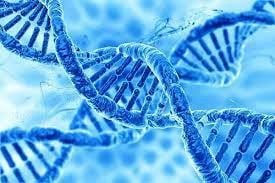
Đột biến gen có những ảnh hưởng khác nhau đến sức khỏe
4. How can genetic mutations affect health and development?
The functioning of each cell depends on thousands of proteins to do their job in the right place at the right time. Sometimes, genetic mutations prevent one or more of these proteins from working properly.
By changing the instructions of a gene to make a protein, a mutation can cause the protein to be wrong or missing altogether. When a mutation changes a protein that plays an important role in the body, it can disrupt normal development or cause a medical condition. A condition caused by a mutation in one or more genes is called an inherited disorder.
In some cases, the genetic mutation is so severe that the embryo cannot survive until birth. These changes occur in genes essential for development, and often disrupt embryonic development in the earliest stages. Because these mutations have a very serious effect, incompatible with life.
It is important to note that genes themselves do not cause disease, but genetic disorders are caused by mutations that cause genes to not function properly. For example, when people say someone has the "cystic fibrosis gene," they are usually referring to a mutated version of the CFTR gene, which is what causes the disease. But in fact, everyone, including those without cystic fibrosis, has one version of the CFTR gene.
Please dial HOTLINE for more information or register for an appointment HERE. Download MyVinmec app to make appointments faster and to manage your bookings easily.
Reference source: medlineplus.gov



